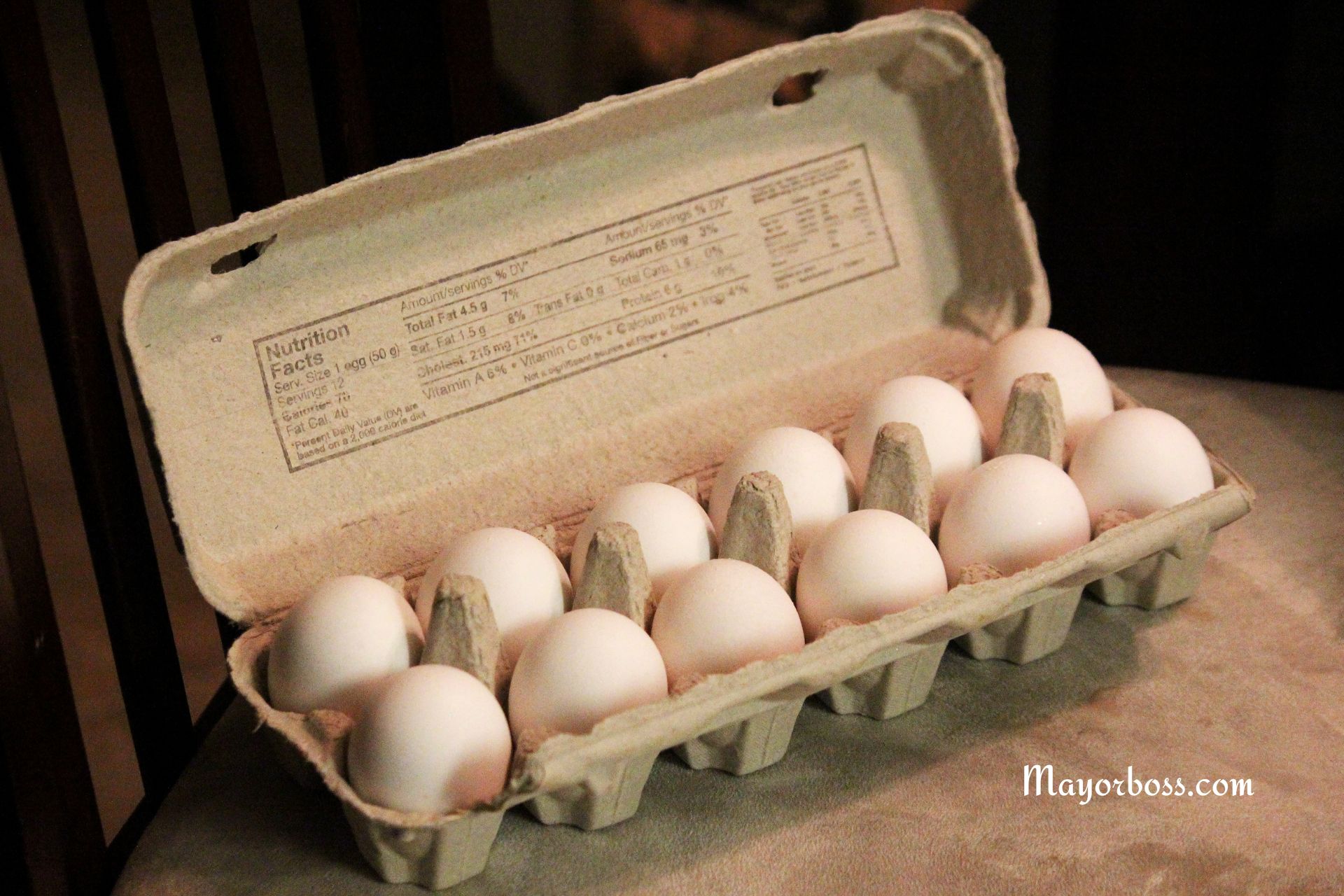Don’t Reuse Egg Cartons! The Gross Reason Why
Egg cartons seem like a handy item to keep around for various uses, from organizing small items to starting seedlings for your garden. However, there’s a significant reason you might want to think twice about reusing them. It boils down to hygiene and health risks, which are far more serious than most people realize. So, let’s break down why you should avoid reusing egg cartons and what makes them potentially harmful.

The Hidden Dangers of Egg Cartons
Egg cartons, especially those made of cardboard, are designed to be single-use for a good reason. They can harbor bacteria like Salmonella, which is often found on eggs. Even if you clean the carton, the porous material of the cardboard makes it nearly impossible to remove all traces of bacteria. Moreover, reusing egg cartons for food storage or as planters can expose you and your family to these harmful bacteria, leading to health issues.
Salmonella: The Unseen Threat
Salmonella can cause serious illness, including fever, stomach cramps, diarrhea, and vomiting. In severe cases, it can lead to hospitalization or even be life-threatening. The risk is particularly high for young children, the elderly, and anyone with a weakened immune system. This bacteria can linger in the nooks and crannies of a used egg carton, waiting to contaminate whatever comes into contact with it next.
Cross-Contamination: A Risk Not Worth Taking
When you reuse egg cartons, you also run the risk of cross-contamination. This can happen in several ways, such as using the carton to store kitchen tools or foods that come into contact with surfaces where raw food is prepared. Even if the carton appears clean, microscopic bacteria can still be present and pose a risk.
Safer Alternatives to Reusing Egg Cartons
Understanding the risks, you might wonder what you can do with used egg cartons instead of throwing them away. Here are a few suggestions:
- Recycling: Many recycling programs accept egg cartons. Check with your local facility to see if they can be included in your recycling bin.
- Composting: If the egg carton is made of cardboard, you can shred it and add it to your compost pile. It’s a great way to reduce waste while contributing to your garden’s health.
- Creative Projects: Use them for non-food-related crafts, such as making decorative items, organizing non-food items, or as a paint palette for your art projects. Just make sure they’re not used in a way that could lead to bacterial exposure.
Frequently Asked Questions
1. Can I reuse plastic egg cartons instead of cardboard ones?
Plastic egg cartons are easier to clean and disinfect than cardboard ones. However, the risk of cross-contamination still exists. It’s best to use them for non-food purposes if you choose to reuse them.
2. How can I safely dispose of egg cartons?
If recycling or composting is not an option, ensure the egg carton is disposed of in your regular trash. Avoid reusing it for any purpose that involves contact with food or items that come into contact with your mouth.
3. Are there any safe ways to reuse egg cartons for food storage?
The safest approach is to avoid using egg cartons for any form of food storage due to the risk of bacterial contamination. Instead, opt for containers designed for food storage, as they’re made to be easily cleaned and sanitized.
In conclusion, while reusing egg cartons might seem like a resourceful and eco-friendly practice, the health risks they pose significantly outweigh the benefits. By choosing safer alternatives and proper disposal methods, you can protect yourself and your loved ones from potential health hazards. Always prioritize safety and hygiene in your home to ensure a healthy living environment.
